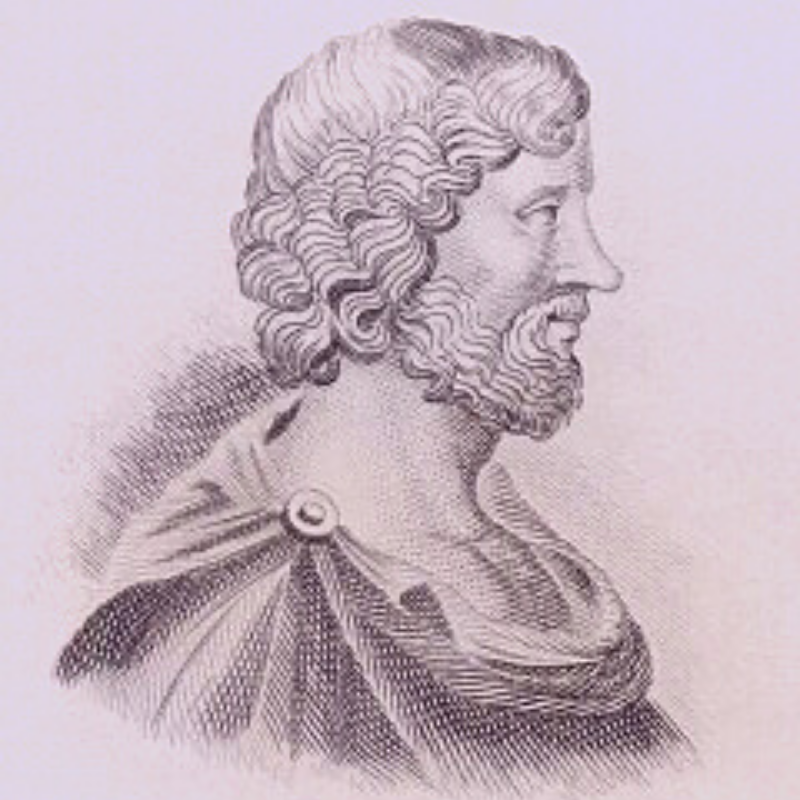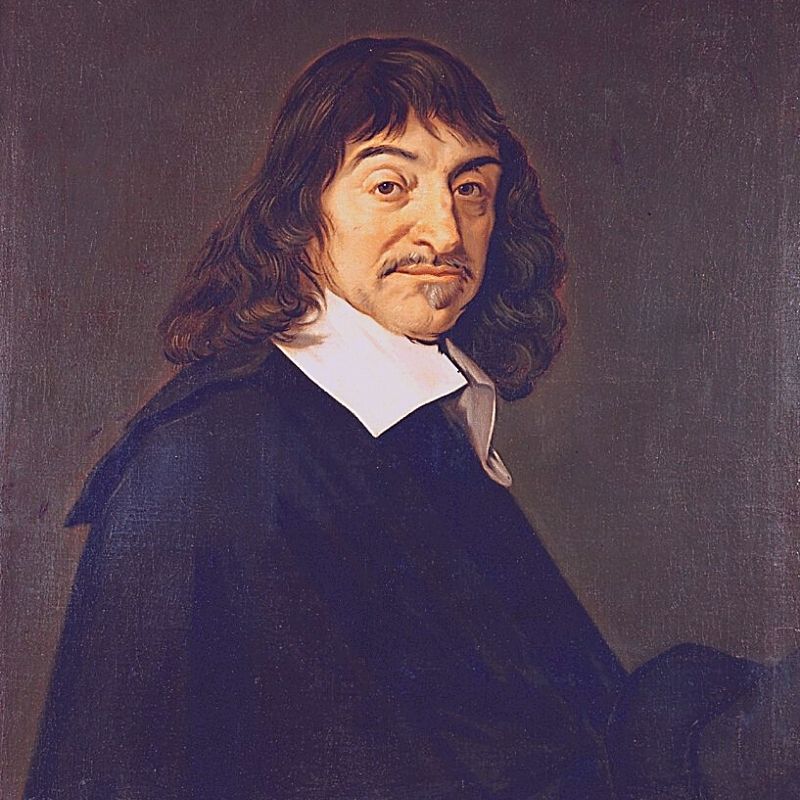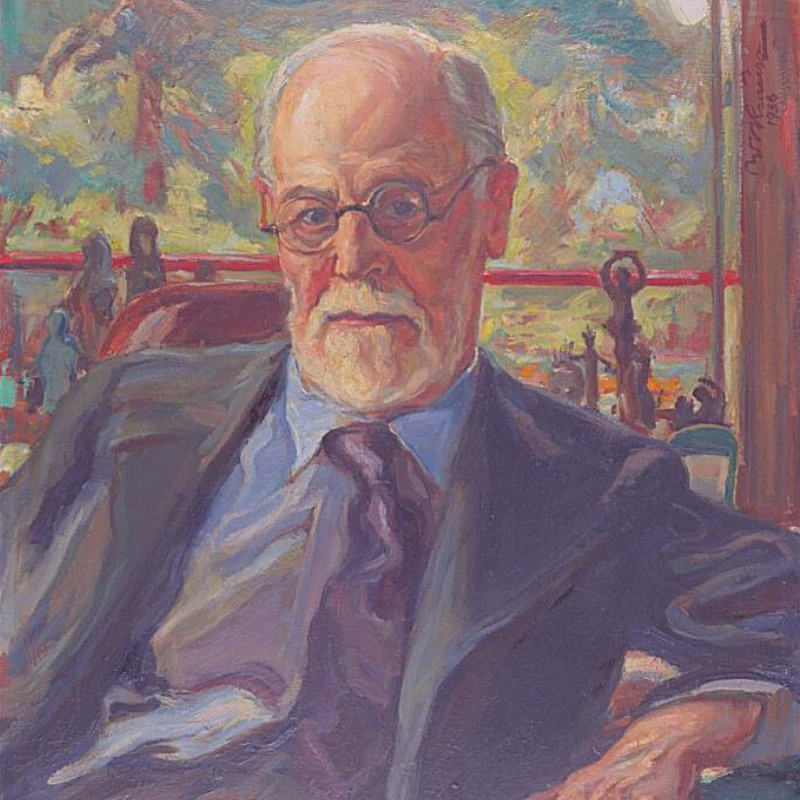Vox Populi - Part 1
compiled by renamaereyes
More love, more wisdom! Here's a compilation from your favorites!
1. Aristippus of Cyrene
Born: 435 BC, Cyrene
Died: 356 BC, Cyrene
Influenced: Epicurus, Hegesias of Cyrene, Michel Onfray
Schools of thought: Cyrenaics
Children: Arete of Cyrene
Grandchild: Aristippus the Younger

It is better to be a beggar than ignorant; for a beggar only wants money, but an ignorant person wants humanity.
Native ability without education is like a tree which bears no fruit.
He is the true conqueror of pleasure, who can make use of it without being carried away by it, not he who abstains from it altogether.
2. Aristotle
Born: 385 BC, Stagira, Greece
Died: 323 BC, Chalcis, Greece
Notable ideas: Aristotelian philosophy; Syllogism; Theory of the soul; Virtue ethics
Education: Platonic Academy (368 BC–348 BC)

We are what we repeatedly do. Excellence, then, is not an act, but a habit.
It is the mark of an educated mind to be able to entertain a thought without accepting it.
The whole is more than the sum of its parts.
A friend to all is a friend to none.
One swallow does not make a summer, neither does one fine day; similarly one day or brief time of happiness does not make a person entirely happy.
The law is reason, free from passion.
Happiness depends upon ourselves.
Patience is bitter, but its fruit is sweet.
Educating the mind without educating the heart is no education at all.
Quality is not an act, it is a habit.
3. Bentham, JeremyBorn: 15 February 1748, Houndsditch, City of London, United KingdomDied: 6 June 1832, Westminster, London, United KingdomNotable ideas: Greatest happiness principle, Radical ConsequentialismInfluenced by: John Locke, Thomas Hobbes, David Hume

The question is not, can they reason? Nor, can they talk? But, can they suffer?
The said truth is that it is the greatest happiness of the greatest number that is the measure of right and wrong.
The greatest happiness of the greatest number is the foundation of morals and legislation.
The power of the lawyer is in the uncertainty of the law.
Tyranny and anarchy are never far apart.
Stretching his hand up to reach the stars, too often man forgets the flowers at his feet.
Every law is an infraction of liberty.
The age we live in is a busy age; in which knowledge is rapidly advancing towards perfection.
The schoolmaster is abroad! And I trust to him armed with his primer against the soldier in full military array.
No power of government ought to be employed in the endeavor to establish any system or article of belief on the subject of religion.
4. René DescartesBorn: 31 March 1596, Descartes, FranceDied: 11 February 1650, Stockholm, SwedenNationality: French

The greatest minds are capable of the greatest vices as well as of the greatest virtues.
It is not enough to have a good mind; the main thing is to use it well.
The reading of all good books is like a conversation with the finest minds of past centuries.
Divide each difficulty into as many parts as is feasible and necessary to resolve it.
If you would be a real seeker after truth, it is necessary that at least once in your life you doubt, as far as possible, all things.
Each problem that I solved became a rule, which served afterwards to solve other problems.
In order to improve the mind, we ought less to learn, than to contemplate.
Everything is self-evident.
Perfect numbers like perfect men are very rare.
Except our own thoughts, there is nothing absolutely in our power.
5. Epicurus
Born: February 341 BC, Samos, Greece
Died: 270 BC, Athens, Greece
Influenced: Immanuel Kant, Friedrich Nietzsche, Lucretius
Schools of thought: Epicureanism

Do not spoil what you have by desiring what you have not; remember that what you now have was once among the things you only hoped for.
Not what we have But what we enjoy, constitutes our abundance.
Pleasure is the beginning and the end of living happily.
Nothing is enough for the man to whom enough is too little.
It is not so much our friends' help that helps us as the confident knowledge that they will help us.
I never desired to please the rabble. What pleased them, I did not learn; and what I knew was far removed from their understanding.
A free life cannot acquire many possessions, because this is not easy to do without servility to mobs or monarchs.
The man least dependent upon the morrow goes to meet the morrow most cheerfully.
The greater the difficulty, the more the glory in surmounting it.
We do not so much need the help of our friends as the confidence of their help in need.
6. Sigmund Freud
Born: 6 May 1856, Příbor, Czechia
Died: 23 September 1939, Hampstead, London, United Kingdom
Spouse: Martha Bernays (m. 1886–1939)
Children: Anna Freud, Jean Martin Freud, Ernst L. Freud, Mathilde Freud, Oliver Freud, Sophie Freud

One day, in retrospect, the years of struggle will strike you as the most beautiful.
How bold one gets when one is sure of being loved.
Where id was, there ego shall be.
The ego is not master in its own house.
From error to error one discovers the entire truth.
It is that we are never so defenseless against suffering as when we love, never no helplessly unhappy as when we have lost our loved object of its love.
America is a mistake, a giant mistake.
Being entirely honest with oneself is a good exercise.
The goal of all life is death.
Love and work are the cornerstones of our humanness.
7. Thomas Hobbes
Born: 5 April 1588, Westport, Wiltshire
Died: 4 December 1679, Derbyshire, United Kingdom
Nationality: English
Influenced by: Niccolò Machiavelli, Aristotle, Plato

The obligation of subjects to the sovereign is understood to last as long, and no longer, than the power lasteth by which he is able to protect them.
Curiosity is the lust of the mind.
It is not wisdom but Authority that makes a law.
Leisure is the mother of philosophy.
Words are the money of fools.
The condition of man... is a condition of war of everyone against everyone.
No arts; no letters; no society; and which is worst of all, continual fear and danger of violent death; and the life of man, solitary, poor, nasty, brutish, and short.
Force and fraud are in war the two cardinal virtues.
I am about to take my last voyage, a great leap in the dark.
Fear of things invisible in the natural seed of that which everyone in himself calleth religion.
8. David Hume
Born: 7 May 1711, Edinburgh, United Kingdom
Died: 25 August 1776, Edinburgh, United Kingdom
Influenced: Immanuel Kant, Adam Smith, John Stuart Mill
Influenced by: John Locke, René Descartes, Thomas Hobbes

Truth springs from argument amongst friends.
Character is the result of a system of stereotyped principals.
Reason is, and ought only to be the slave of the passions, and can never pretend to any other office than to serve and obey them.
Custom is the great guide to human life.
A wise man proportions his belief to the evidence.
Beauty in things exists in the mind which contemplates them.
Be a philosopher but, amid all your philosophy be still a man.
The heights of popularity and patriotism are still the beaten road to power and tyranny.
It is seldom that liberty of any kind is lost all at once.
To be happy, the passions must be cheerful and gay, not gloomy and melancholy. A propensity to hope and joy is real riches; one to fear and sorrow, real poverty.
Bạn đang đọc truyện trên: Truyen247.Pro